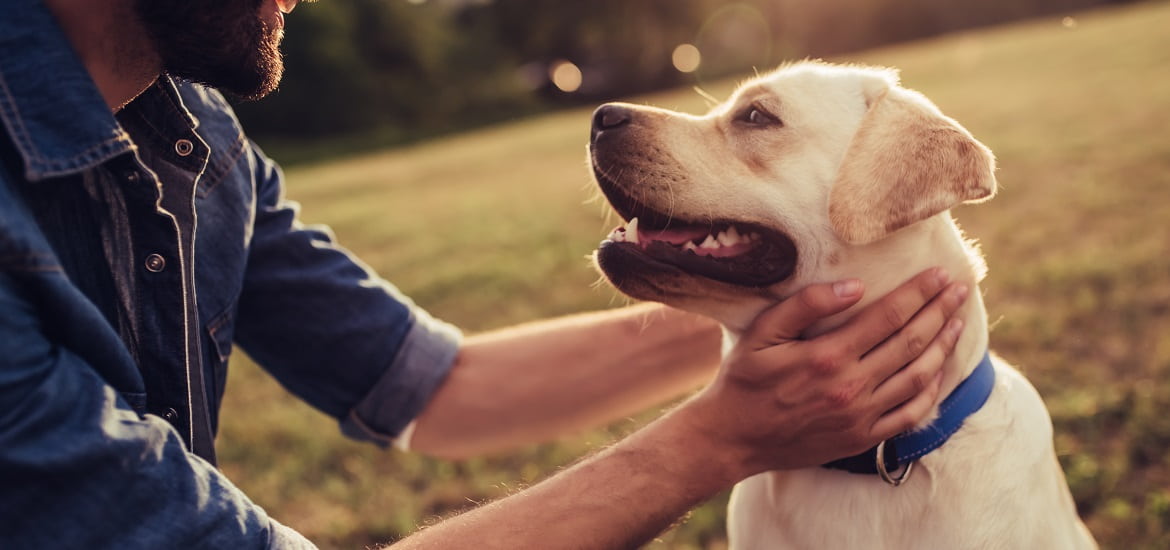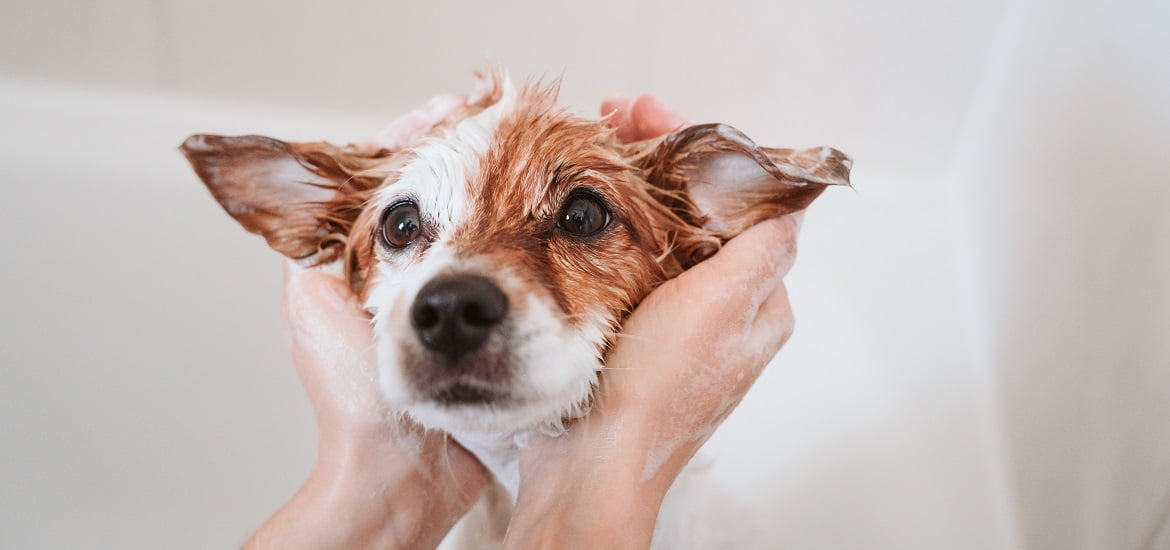Apr 30, 2021, 6:03 PM

While taking care of a pet dog, canine parvovirus is a serious contagious disease that involves virus attacks in the intestines. Young dogs that are below six months or older dogs are highly susceptible to this disease. The infection level will vary depending upon various factors such as parasites, stress, age, vaccination, environment, and overall health of the dog. Although the virus tends to be minute, it can stay in the contaminated area for about five or months, making dogs highly vulnerable to contracting this disease. The parvovirus infects the dog's intestine and interferes with its immune system.
Common Symptoms
Based on the amount of infection in the canine body, the symptoms may vary. From simple health issues like fever, loss of appetite to serious symptoms like bloody diarrhea, vomiting, and depression, it is important to identify signs of parvovirus at an early stage for quicker remedial actions. Dehydration, lethargy, and abdominal discomfort are few other common symptoms of parvovirus infection.
With the following pet care tips, you can protect your furry companion from this serious contagious disease:
Vaccination
This is an important step, especially to protect puppies from canine parvovirus infection. Starting with initial vaccine shots at six to eight weeks of age, you must also continue it with booster shots at about three to four weeks intervals to maintain their immunity until they become a grown-up dog of about 16 to 18 weeks old. However, after few vaccine shots, you may also check the pet's immunity with titer tests to evaluate the status of its immune system.
Clean the Pets Properly
If you have a new puppy or you are getting a previously infected dog after treatment from a vet, it's highly recommended to clean and disinfect it with effective veterinary products in Dubai. F10 Germicidal Treatment Shampoo is a highly reliable and trusted product that can help in efficiently eliminating any virus particles remaining in the dog's fur coat.

Regular Disinfection
As parvovirus can remain in contaminated surfaces for months, it is highly important to daily clean the entire area properly. There are various clinically proven solutions like F10 disinfectant can be used to clean all the areas of contact for the dog. This will help eliminate any possibility of parvovirus infection or reinfection if your dog was infected and later cured with proper treatment. However, it is also essential to clean the house and remove all debris, such as food remnants, urine, saliva, feces, and more, before disinfecting the area.
Prevent Cross-contamination
While cleaning and disinfecting the areas in which your pet dog tends to come in contact, you must be highly cautious about the mops and cloths you use for the process. The brush, mop, and other cleaning products used to disinfect the space should be properly disposed of and not used to clean throughout the house to avoid cross-contamination.
